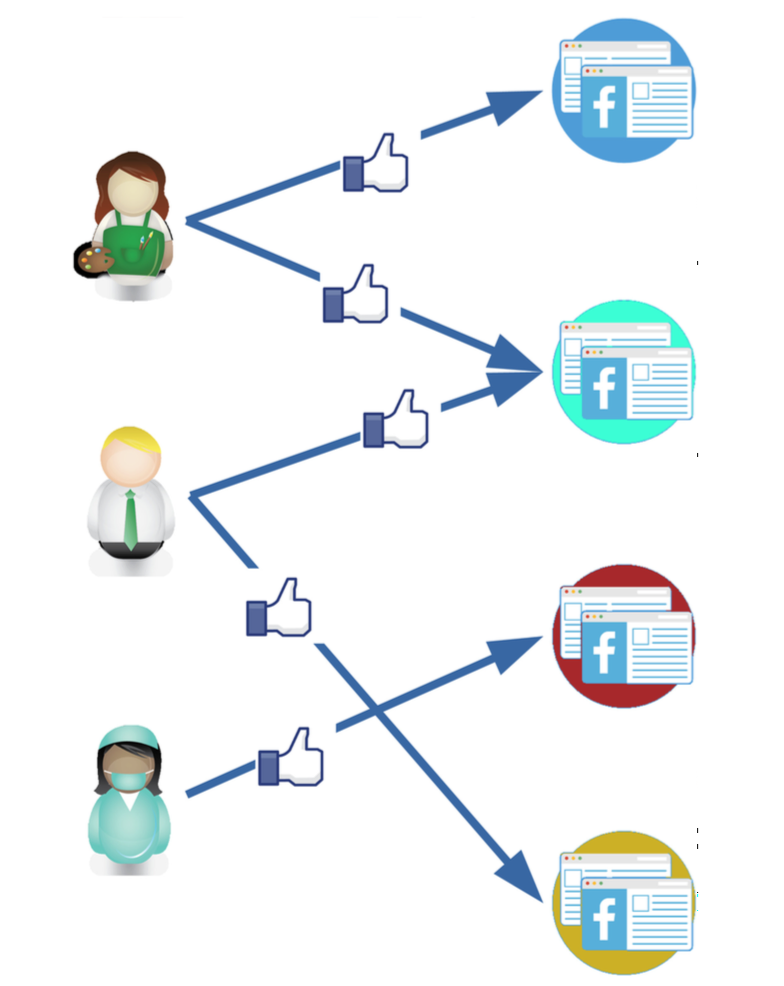PopRank: Ranking pages’ impact and users’ engagement on Facebook
Image for the paper "PopRank: Ranking pages’ impact and users’ engagement on Facebook"
A. Zaccaria, M. Vicario, W. Quattrociocchi, A. Scala, L. Pietronero
















The advent of social networks revolutionized the way people access to information sources. Understanding the complex relationship between these sources and users is crucial. We introduce an algorithm, that we call PopRank, to assess both the Impact of Facebook pages as well as users' Engagement on the basis of their mutual interactions. The ideas behind the PopRank are that i) high impact pages attract many users with a low engagement, which means that they receive comments from users that rarely comment, and ii) high engagement users interact with high impact pages, that is they mostly comment pages with a high popularity. The resulting ranking of pages can predict the number of comments a page will receive and the number of its future posts. Pages' impact turns out to be slightly dependent on the quality of pages' informative content (e.g., science vs conspiracy) but independent of users' polarization.